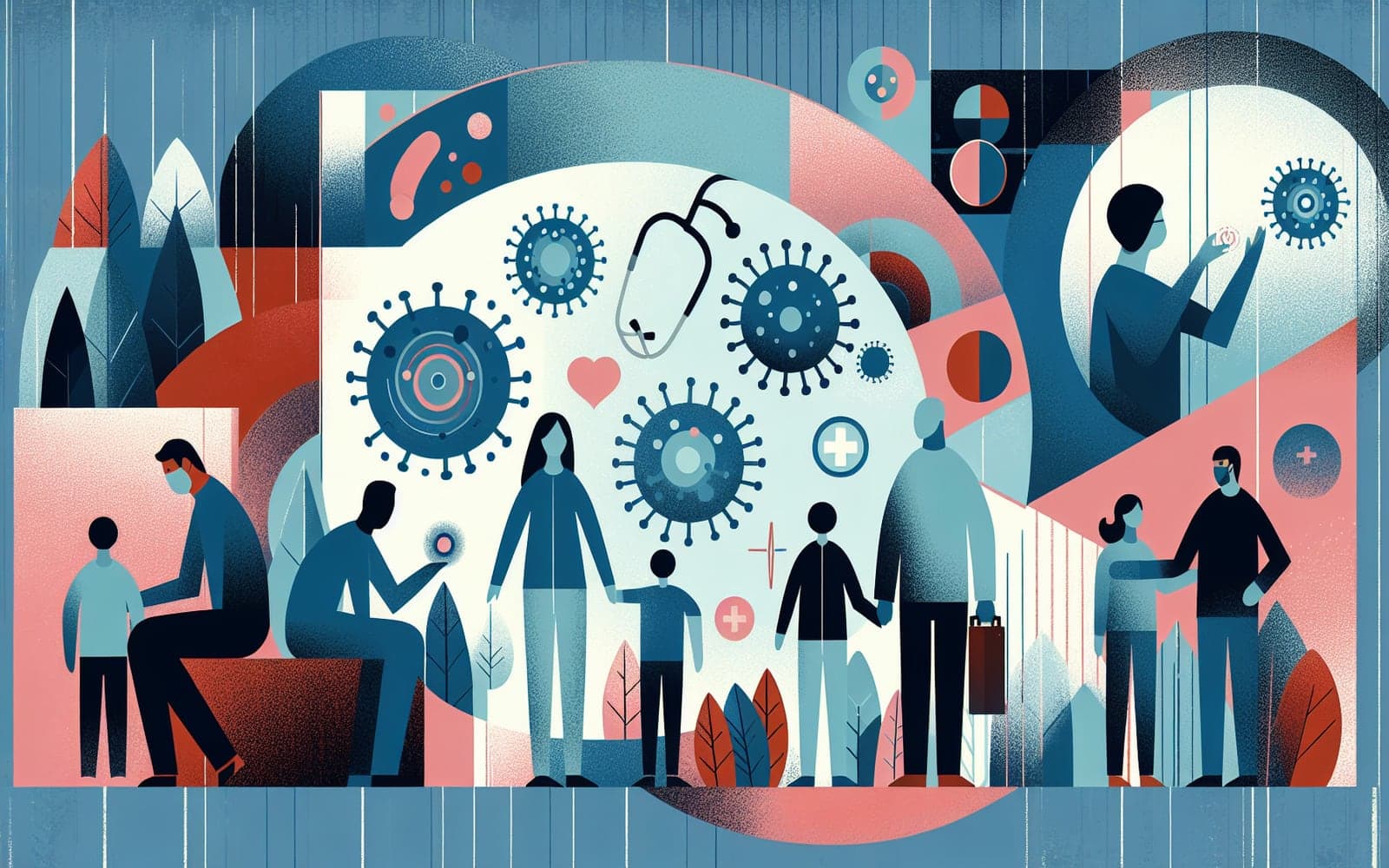Who's Most at Risk for Rotavirus? Understanding the Danger Zones
Published: Apr 19, 2024

Medically reviewed by Benjamin Seth Martinez | MD, Statpearls - Director of Clinical Content on April 19th, 2024.
While anyone can catch rotavirus, certain groups are more likely to develop severe illness. Knowing who's at highest risk can help you take extra precautions to protect yourself and your loved ones.
Contents
Young Children: The Prime Target
Children under 5, especially those between 6 months and 2 years old, are at highest risk for severe rotavirus. Their developing immune systems haven't built up defenses against the virus yet. In countries without widespread vaccination, nearly every child will have had rotavirus at least once by age 5.
Weakened Immune Systems
People with compromised immune systems face greater danger from rotavirus. This includes those with HIV/AIDS, cancer patients undergoing chemotherapy, and organ transplant recipients. For these individuals, rotavirus can cause prolonged illness and more severe symptoms, sometimes requiring hospitalization.

Older Adults in Group Settings
While rotavirus is often thought of as a childhood illness, outbreaks can occur in nursing homes and other long-term care facilities. Older adults may have weakened immune systems and be more vulnerable to dehydration. Close living quarters in these settings can also lead to rapid spread of the virus.
Frequently Asked Questions
Yes, they may have less developed immune systems.
Some studies suggest certain blood types may be more susceptible.
Yes, especially when visiting areas with poor sanitation.
Yes, but breastfeeding may offer some protection.
Key Takeaways
Understanding who's most at risk for severe rotavirus can help you take appropriate preventive measures and seek prompt treatment when needed.
Concerned about your rotavirus risk? Consult with Doctronic to assess your personal risk factors and get tailored prevention advice.Related Articles
References
Centers for Disease Control and Prevention. Rotavirus: People at High Risk for Severe Illness. https://www.cdc.gov/rotavirus/about/risk-factors.html
Parashar UD, Nelson EA, Kang G. Diagnosis, management, and prevention of rotavirus gastroenteritis in children. BMJ 2013; 347:f7204.
This article has been reviewed for accuracy by one of the licensed medical doctors working for Doctronic. Always discuss health information with your healthcare provider.

